Ukrainians resort to extreme lengths to flee war
Men older than 27 are eligible for conscription – and President Volodymyr Zelensky wants to lower that age to 25 as casualties mount in the war with Russia.
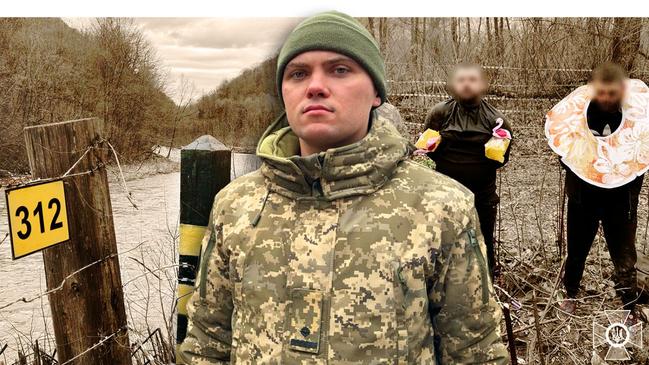
The sodden man tangled in tree roots at the river’s edge was a rare case. The Ukrainian border guards who pulled him free were used to outlandish attempts by the desperate, hoping either to flee military mobilisation or economic hardship, trying to cross the River Tisza to reach Romanian soil on the far bank.
Some would-be escapers plunged into the swift winter currents wearing wetsuits and life jackets. Others used car tyres or rubber rings to make the perilous crossing.
In November, the border guards caught two men using pink flamingo armbands as they swam the frontier river. In December they caught a short 29-year-old man disguised as a child in a pink hat trying to drag a blow-up mattress to the river’s edge.
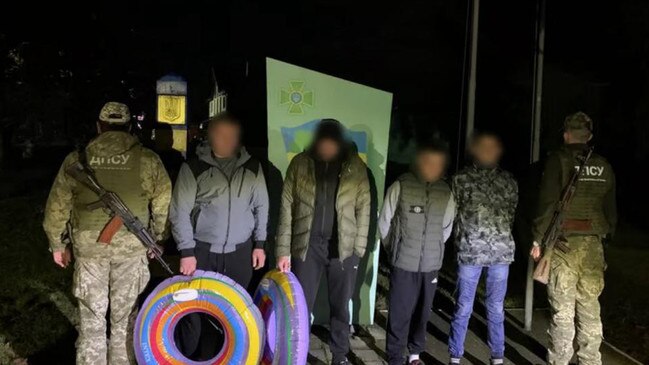
Sometimes men drowned as they tried to flee the country and the State Border Guard Service of Ukraine, the DPSU, pulled their cold corpses from the Tisza.
Yet the shivering, exhausted man whom Major Oleh Seleznyov and his men rescued was very different. He had risked his all not to flee Ukraine but to reach it.
“He was in shock, exhausted and extremely cold,” recalled Seleznyov, standing at the spot on the bank outside the frontier village of Luh, where he had pulled the 31-year-old from the water.
Stepan Rishkovych, it transpired, has been running a business throughout the war in the Czech Republic and had grown homesick to see his wife and family in Ukraine. “First, he thanked us for saving his life,” Seleznyov added. “Then he told us why he had come back to Ukraine. He said he wanted to be home for Christmas.”
It was the first time Seleznyov, 32, had ever heard the January 7 Orthodox Christmas cited as a reason for swimming the Tisza. The hapless swimmer was duly detained and questioned. His was unlikely to be a happy Christmas: the war beckoned.
Under Ukraine’s martial law, imposed at the start of the Russian invasion in February 2022, men between the ages of 18 and 60 are forbidden from leaving the country without special exemption. Those who return are similarly prevented from leaving again.
Though the war still has the backing of most Ukrainians, the country goes into 2024 deeply weary, its military affected by chronic ammunition and equipment shortages, ravaged by heavy casualties, and suspicious that the wobbling support of western allies may not outlast Russia’s determination. Not every man wants to fight. Some want to flee.
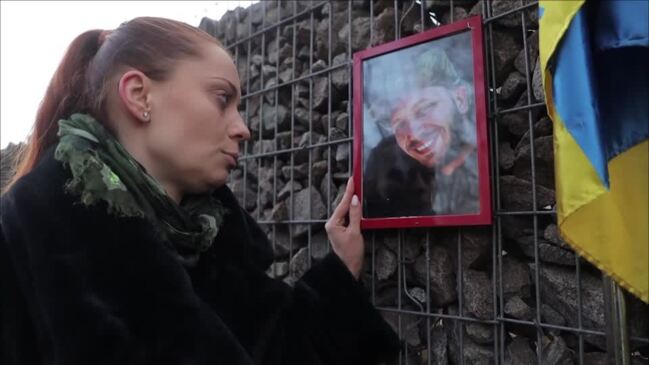
More than 17,100 Ukrainians have been detained by the DPSU trying to leave the country illegally since the Russian invasion. Those numbers look set to climb as a contentious new bill seeks to mobilise another 500,000 men for military service.
Clauses in the bill, which is going through the Ukrainian parliament before President Volodymyr Zelensky signs it into law, include lowering draft age from 27 to 25, limiting draft exemptions, mobilising men online, and increasing punishments for those avoiding mobilisation.
Border Guard officers anticipate that against the backdrop of the war’s intensity – by last August, more than 70,000 Ukrainian troops were estimated to have been killed and more than 100,000 wounded – the new mobilisation will increase the numbers trying to flee the country.
Lesia Fedorova is the spokeswoman for the Border Guards detachment at Mukachevo, which controls a 320km stretch of the border with Romania and Hungary that is favoured by escapers and smugglers.
“We are ready for them,” she added. “We are not just present with assets along the border. We have many units in depth watching what is going on.”
The struggle between the DPSU, smugglers and draft-dodgers is constantly evolving. In the initial stages of the war, most men trying to flee the country used fake papers stating they were exempt because they were carers or had three children or more. Many hid themselves in vehicles leaving Ukraine over official border crossings.
However, as Ukrainian authorities grew wise to these ploys, cracking down on corrupt mobilisation officials and establishing a database of exempted men, the methods of escape changed.
Currently, even in the depths of winter, men make attempts every day to cross the borders between Ukraine, Romania and Hungary, taking their chances on foot with smugglers’ guides, often at extortionate prices, to penetrate the forests or cross the Tisza.
Some never make it. Since 2022, the Mukachevo unit of the DPSU has pulled the bodies of 19 men who drowned trying to cross the river and found a further five frozen to death in the forests.
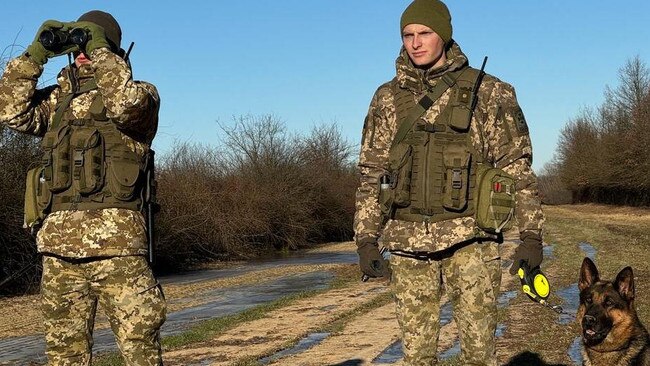
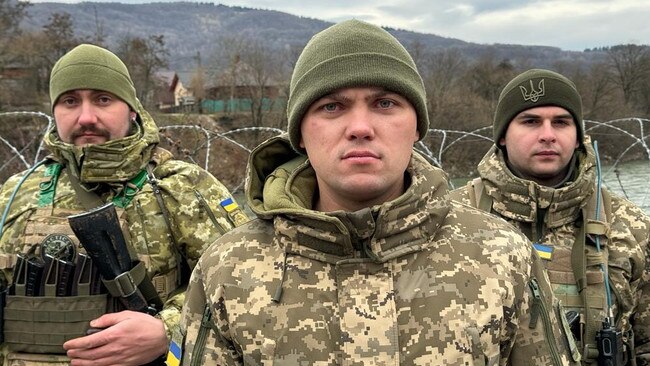
Some men attempt to cross the border without a guide. One escaper who swam the Tisza to Romania last month even posted a blog bragging of his exploits, titled Diary of a Free Man.
“I don’t want to die for nothing on the front,” he posted. Comments on his site were mixed, and some asked which route he had used to escape, hoping to try a similar journey. “Good for you bro, you saved your life,” wrote one man.
Others were not convinced. “Diary of a pants pisser more like,” wrote another reader. Footage emerged this week of the blogger, now in Prague, being recognised and harangued by angry Ukrainians in the street.
Other would-be draft dodgers elicit the help of smuggling gangs, who advertise their services on Telegram channels.
Here, the smugglers make the illegal crossings look easy, and for prices between $US700 ($1050) and $US1300 they offer clients “legal” documents to help them on their way. Those preferring to escape from Ukraine through forests or across the Tisza can find guides on the channels too, who usually charge between $US3500 and $US5000.
Some smuggling channels add further impetus to their sales by posting clips of Ukrainian mobilisation units entering gyms and cafes to enlist men. “Don’t delay decision!” the channels warn.
The DPSU pursues smuggling gangs and their clients across the wild southwestern frontier regions using drones, thermal optics, ground sensors, surveillance cameras and night vision. Every day they post evidence of the success, showing newly captured men with hangdog expressions, some draped in rubber rings and armbands, as a way of discouraging others from flight. Yet the border guards are wary of regarding every escaper as a man fleeing military service.
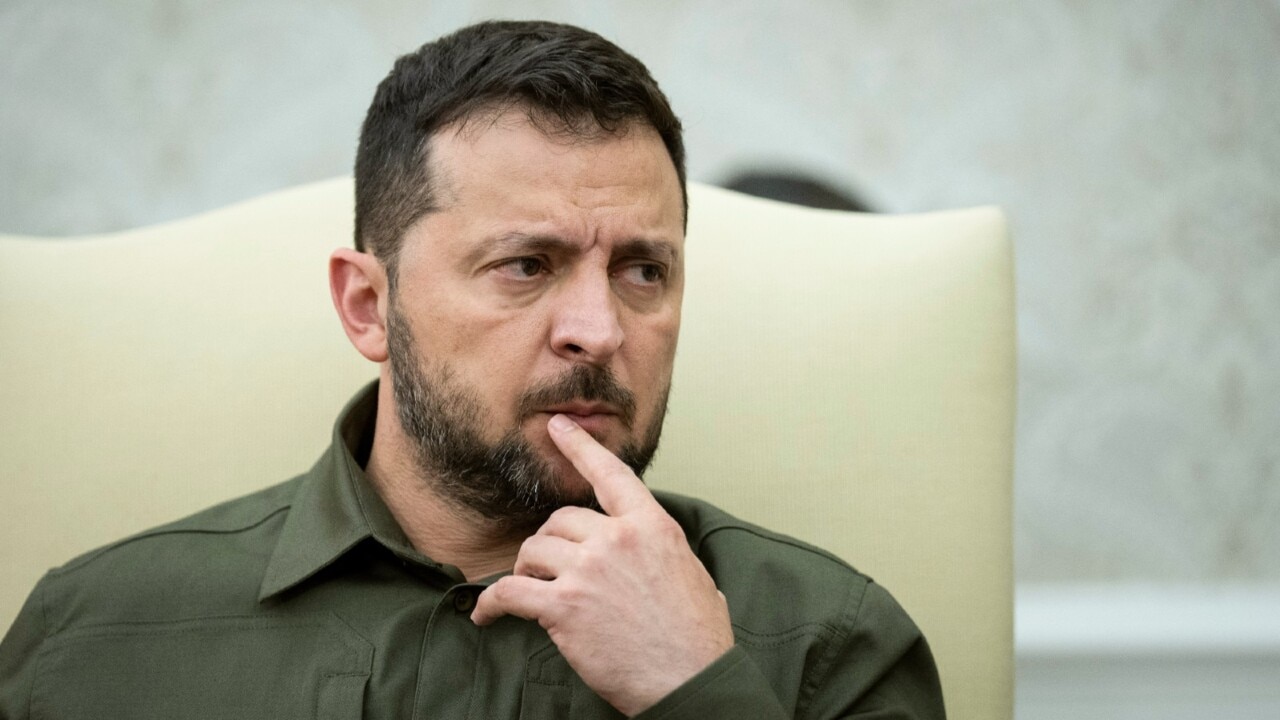
“There are very different reasons why men try to cross the borders illegally,” said Fedorova. “Often it is economic: men younger than 27, who cannot be drafted, are desperate to work abroad. Others have lost everything, their homes and livelihoods, and want to follow their families abroad to see their children raised.
“Then, of course, there are those who just escape out of fear of military service, and that is not OK, that is an embarrassment. Overall, though, we are far more interested in catching the smuggling gangs who organise everything.”
Until the new mobilisation bill becomes law, Ukraine’s courts are relatively lenient with those detained by the DPSU. Unless forged documents are involved, the offence is an administrative one, rather than criminal.
Would-be escapers spend between one and three days in detention pending a court hearing and are usually fined between 3400 to 8400 hryvnia ($133 to $330), depending on the nature of their attempt.
For smugglers, the charges are criminal and the fines heavier. Jail sentences can be up to five years but are usually suspended.
Nevertheless, Ukraine’s mobilisation officers pay close attention to local court hearings and DPSU detainees, and any man caught attempting to flee Ukraine will quickly attract their interest, whatever their reasons for trying to cross the borders.
It appears that Rishkovych, the man who wanted to swim home for Christmas to be with his wife and children, was collected by a mobilisation officer immediately after he recovered from being treated for hypothermia in a local hospital.
“He’s not around here anymore,” said his rescuer, Seleznyov. “He came for Christmas but is most likely in uniform by now, and far away.”
The Times

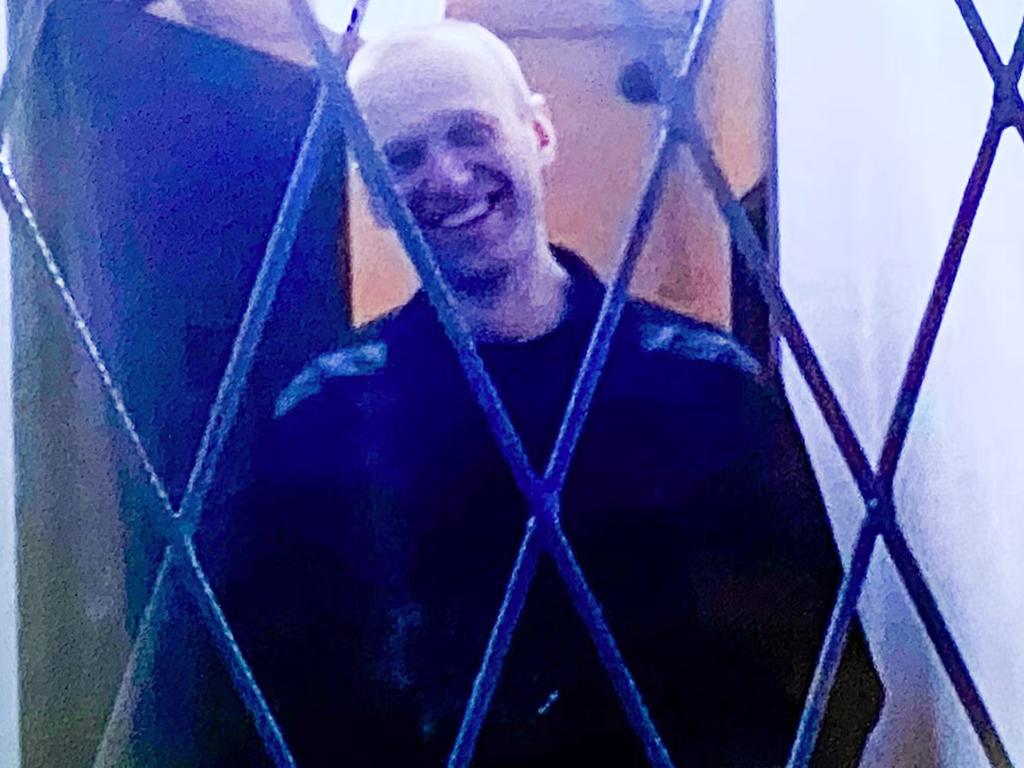

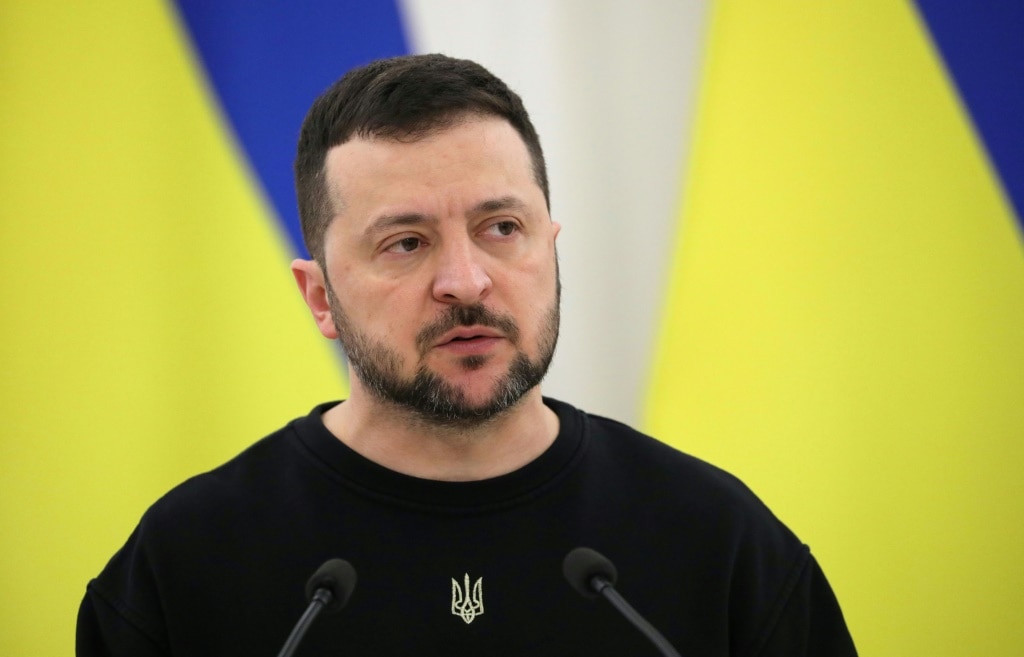



To join the conversation, please log in. Don't have an account? Register
Join the conversation, you are commenting as Logout